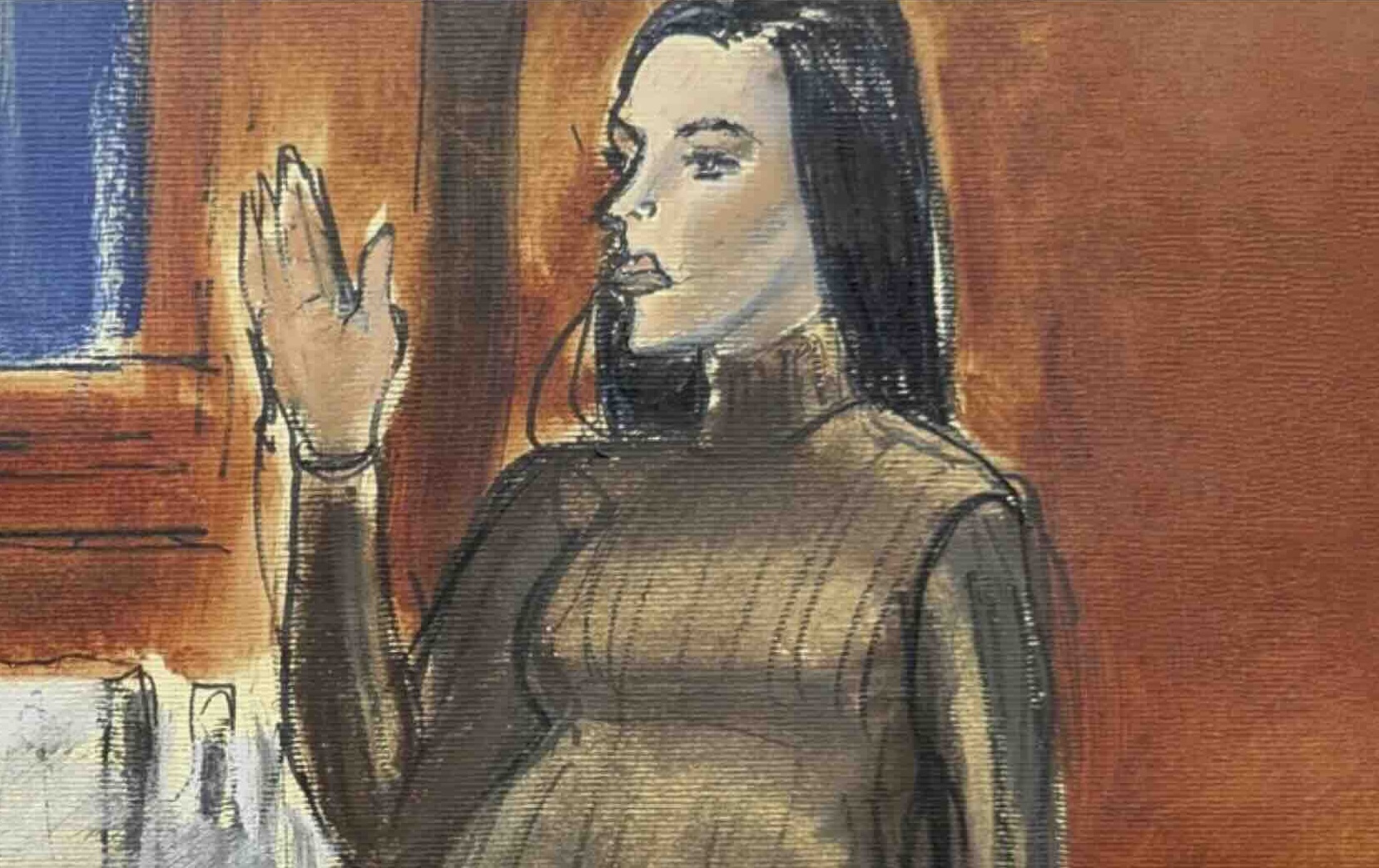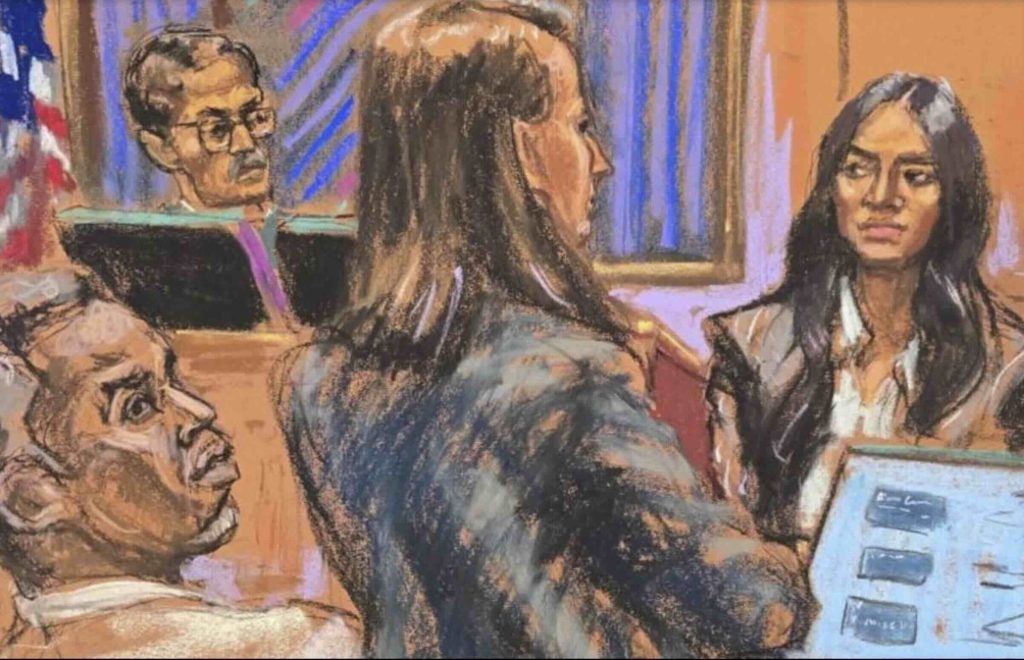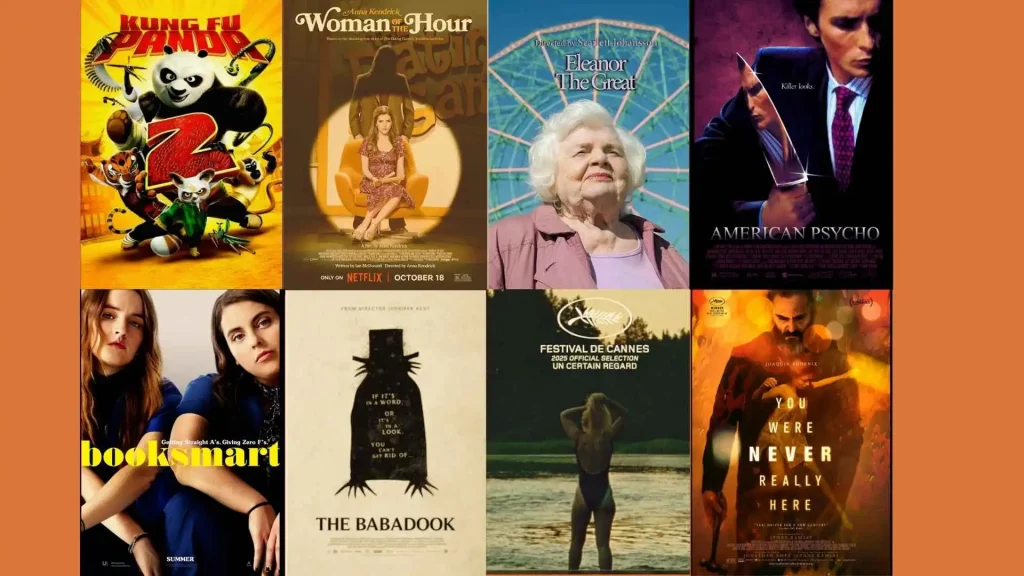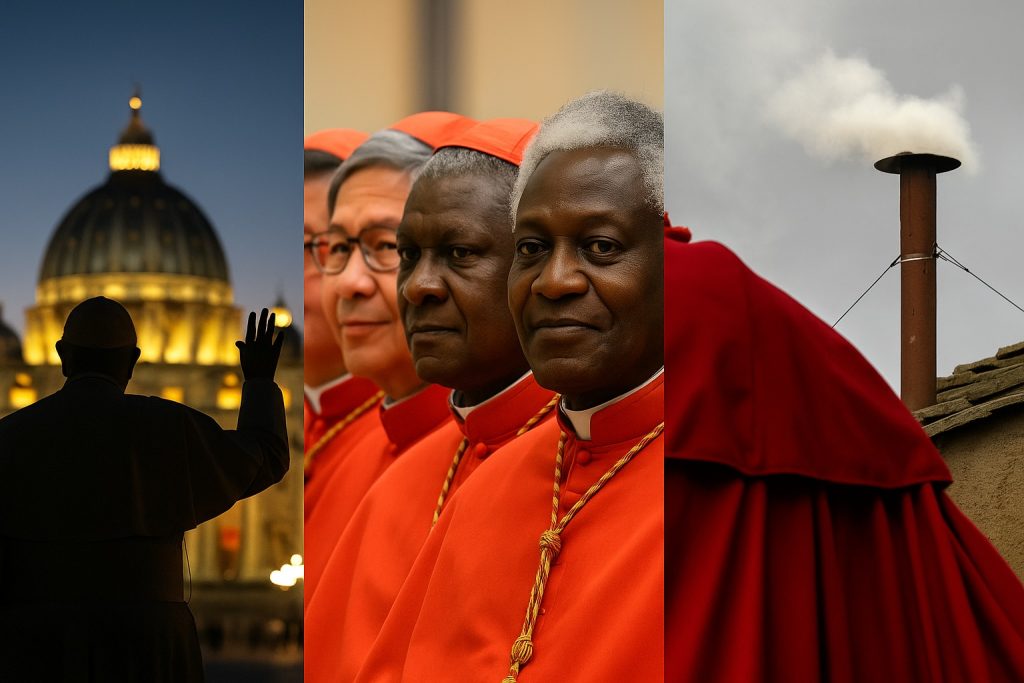Because standing against your abuser takes more than strength, it takes safety, time, and power.
Cassie’s story isn’t just disturbing, it’s a textbook case of why so many survivors stay silent. Not because they’re unwilling to speak, but because speaking comes with consequences, the messy art of emotional survival
She didn’t just break her silence. She broke a system built to keep her quiet. Her testimony against Sean “Diddy” Combs wasn’t for shock value, it was about patterns. The kind survivors know too well : coercion, control, isolation, fear. The kind of abuse that doesn’t just hurt, it conditions.
What happened to her isn’t rare. What’s rare is having the power and safety to name it.
Why So Many Survivors Stay Silent
1. Trauma bonding is real – Abuse is designed to shut you down
Abuse often happens in cycles; affection, tension, then violence. After the harm, there’s an apology. A gift, a promise. It confuses your brain into believing the person hurting you is also the person keeping you safe. That’s called trauma bonding. And it’s one reason people stay, even when they’re in pain.
2. Fear isn’t hypothetical – Speaking out is dangerous.
Cassie said she was afraid of what Diddy would do if she spoke up. That he’d ruin her career. Release videos. Hurt her reputation. When your abuser has money, lawyers, and a reputation to protect, you don’t just fear them, you fear the machine behind them. The average survivor doesn’t just fear not being believed. They fear being destroyed. Cassie testified that she didn’t name her abuser when police showed up. She wasn’t ready. That doesn’t make her weak. It means she was calculating the cost, because survivors have to. Speaking up too early can backfire. So they wait. And wait. Until the fear of silence becomes heavier than the fear of speaking.
3. Shame shuts people down –Silence is survival.
Many survivors carry shame that was never theirs to begin with. Cassie described feeling “embarrassed” and “disgusted” even though she was the victim. That’s how abuse works. It convinces you the violation is your fault, and that if people knew, they’d judge you, not him.

Why Survivors Stay Silent: It Takes Power to Speak
Speaking up sounds simple. But it isn’t. It takes:
Stability: So you’re not financially or emotionally dependent.
Support: Friends, lawyers, people who believe you.
Safety: From retaliation, from judgment, from public scrutiny.
Cassie didn’t speak because she finally felt brave. She spoke because she was finally safe enough to.
This Isn’t Just About Cassie
Cassie had the platform, the documentation, the legal support, and it still took her a decade. So what about the women who don’t have those things? That’s who this is really about. The women who are still quiet. Still calculating. Still surviving.
What Needs to Change
Stop asking women why they stayed. Start asking abusers why they were so confident they’d never be held accountable. Because that’s the real issue. The silence isn’t weakness. It’s evidence of how far survivors have to go just to be heard.
If you’ve ever wondered why someone didn’t speak sooner, start with this:
Most survivors don’t wait only because they fear their abuser. They wait because they’ve also seen how the world protects him.
Cassie reminds us exactly why survivors stay silent, because silence was never weakness. It was survival






